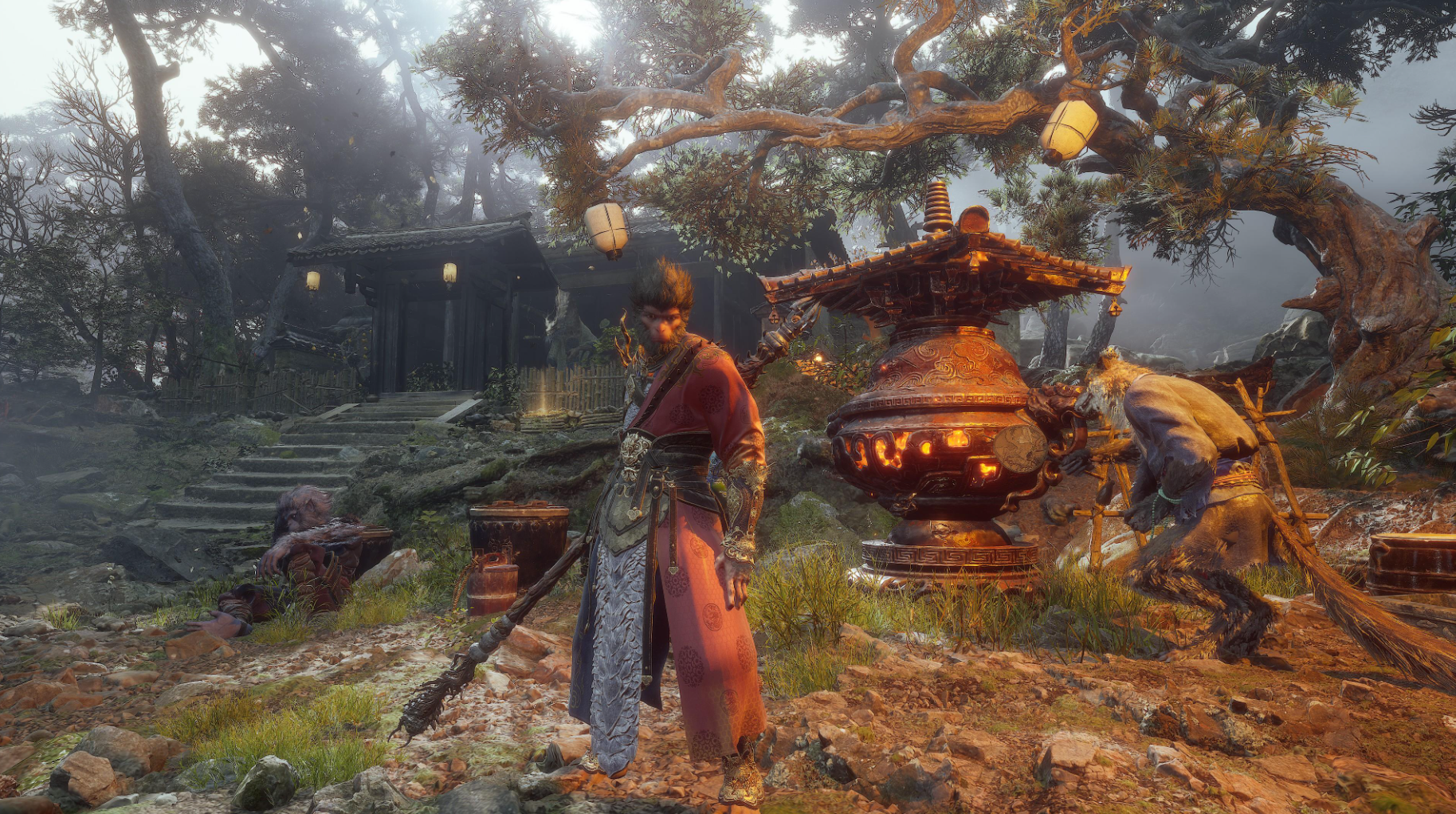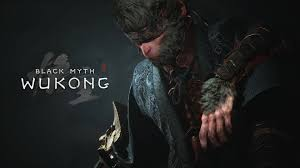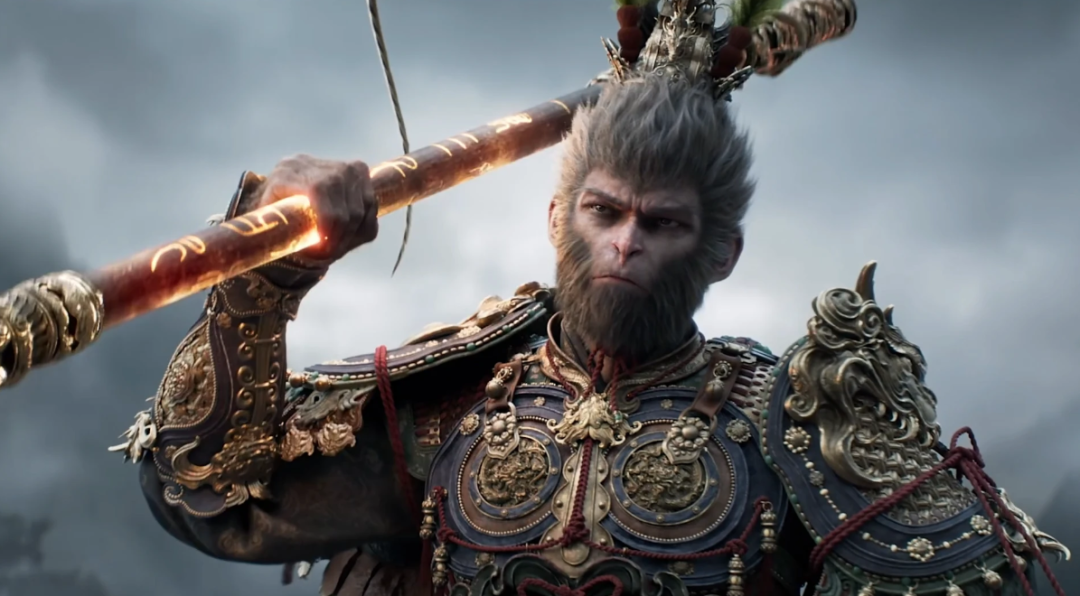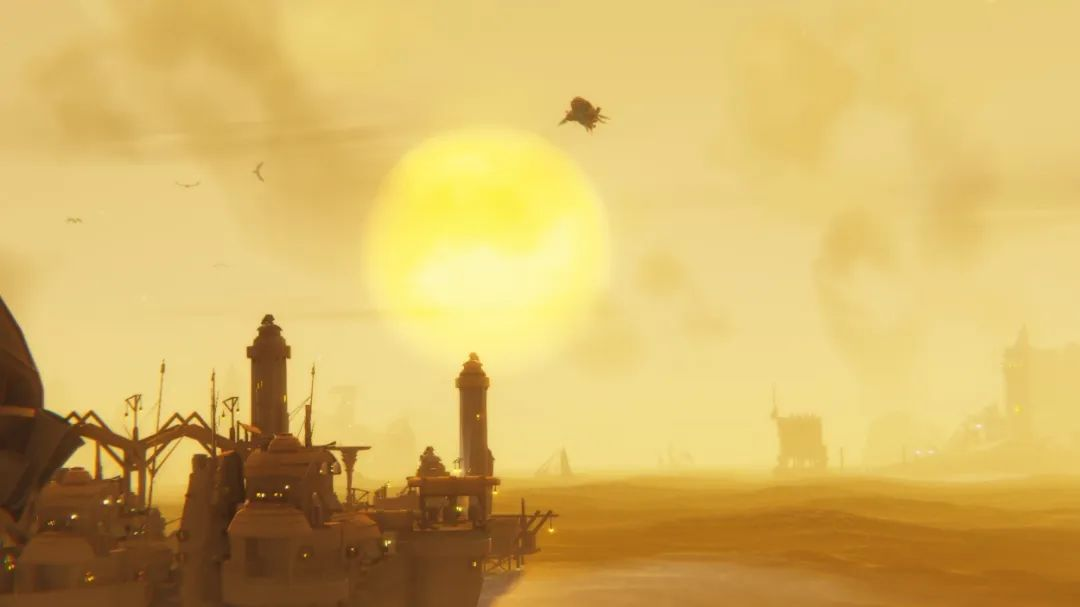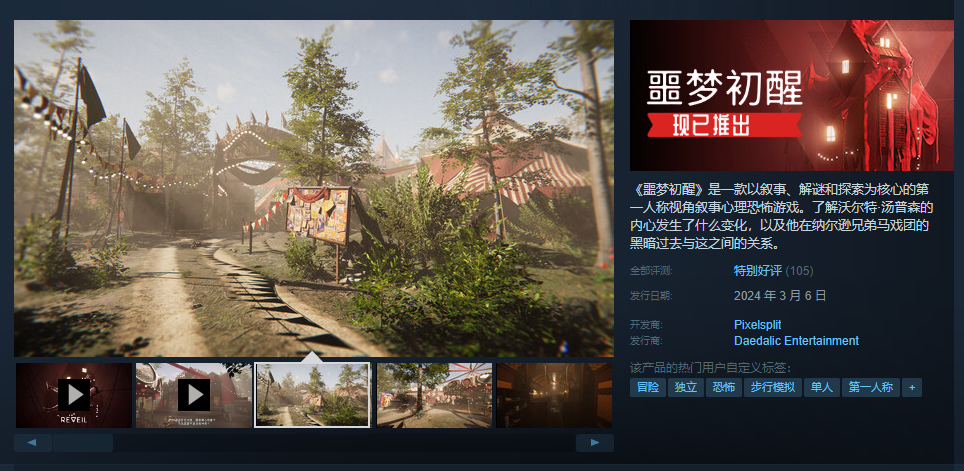IOC establishes eSports Commission: a new chapter in gaming’s foray into Olympic sport
On 6 September Beijing time, International Olympic Committee (IOC) President Thomas Bach announced a major decision to establish a brand new Esports Commission, marking the official entry of eSports into the Olympic Movement. The move has attracted widespread attention and has far-reaching implications for the future of esports and the development of Olympic sport.
The status of eSports in the Olympic system
The IOC clearly states that virtual sports have “the potential to complement and enhance traditional Olympic sports”. This means that esports is seen as a form of sport that can attract a younger audience and bring new life to traditional Olympic sports. The involvement of esports will provide athletes and spectators with new opportunities to participate in the Olympic Movement.
Functions of the eSports Commission
Despite being called a commission, the eSports Commission is different from traditional international governing organisations for a single sport. It is more akin to the IOC’s PR, legal and auditing functions, and is primarily responsible for co-ordinating and facilitating co-operation between eSports and Olympic sport. This decision shows that esports are still led by the full spectrum of traditional sporting forces.
Definition of esports
The IOC emphasises ‘Virtual Sports’ and ‘Simulated Sports’ without explicitly using the term ‘Esports’. This shows that there is still some ambiguity in the IOC’s definition of esports, and also highlights the struggle for discourse that esports will need to overcome in order to enter the Olympics.
Background of the committee chairman
The Commission is chaired by David Lappartient, who has been actively involved in esports since taking charge of the IOC’s eSports Liaison Group in 2018. This demonstrates the IOC’s recognition of professionals in the eSports field and the importance they place on the development of eSports.
All things considered, the establishment of the eSports Commission by the IOC is a major victory for the esports community, but there are still challenges for esports to make it to the Olympics. While esports has been recognised as a form of sport that can breathe new life into the Olympics, the issue of discourse and definition between esports and traditional sports remains to be resolved. In addition, the background of the president and members of the e-sports commission shows that e-sports still needs to maintain a certain distance from traditional sports.
In conclusion, the IOC’s decision paves the way for the future of esports, but it still takes time and effort for esports to enter the Olympics. As esports continues to grow, we can expect to see esports play a bigger role in Olympic sports, bringing fun and participation opportunities to a wider audience. The road to the Olympics for esports will be an exciting journey for both the esports community and the Olympic sports landscape.

